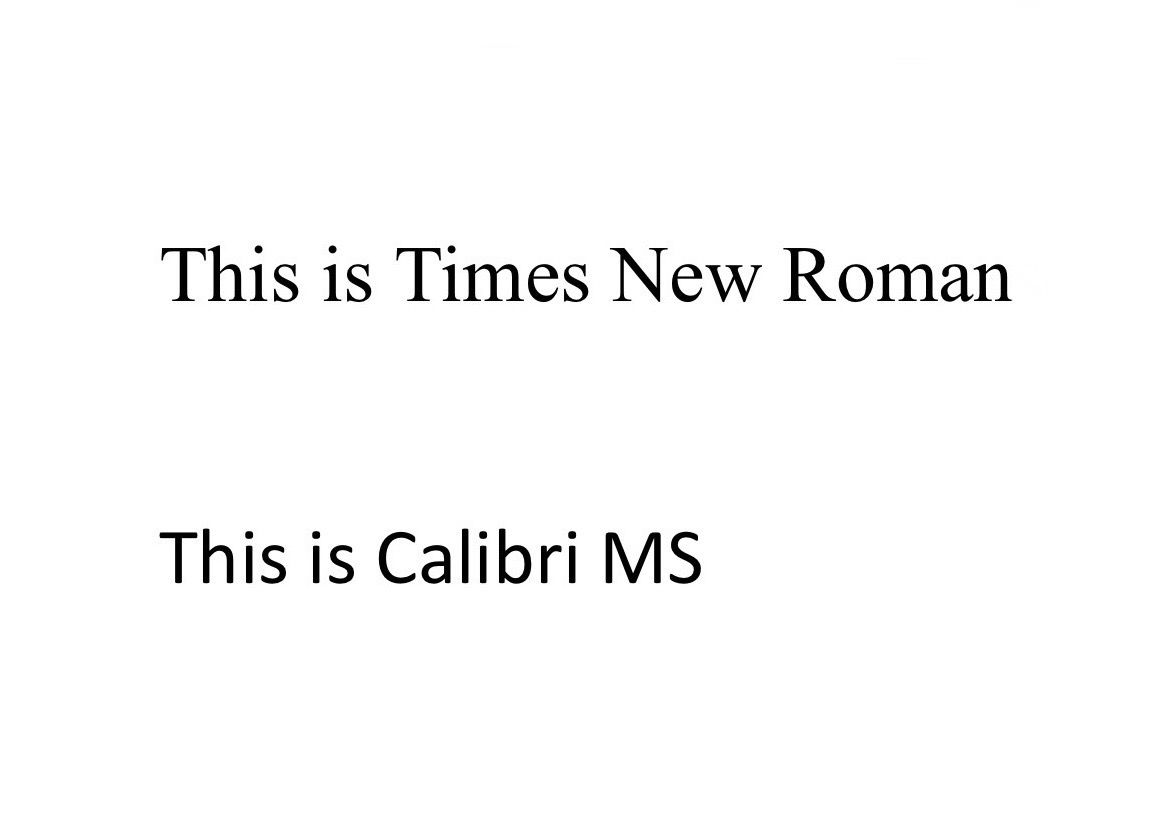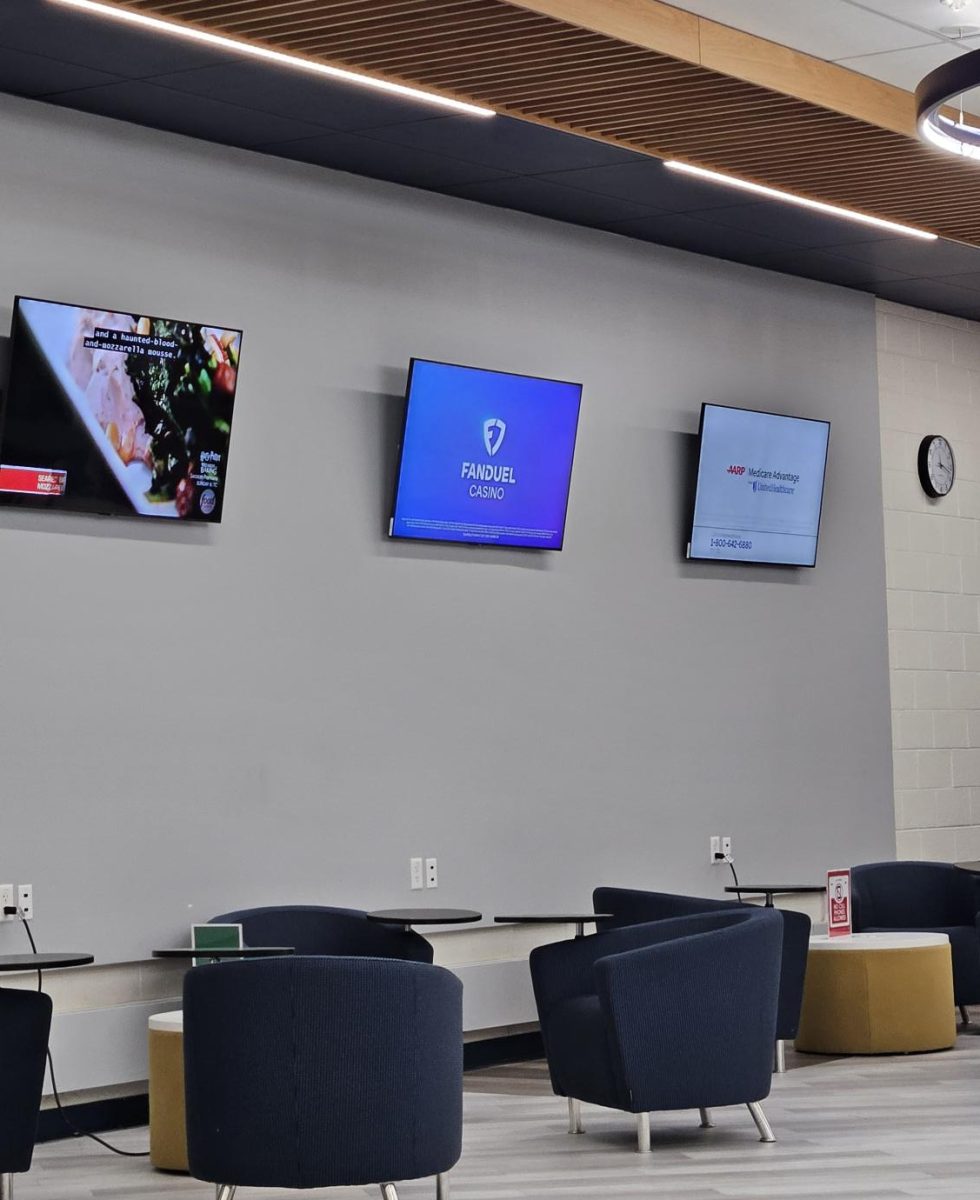Koziel’s Corner: The appeal of foreign films
Photo via Wikimedia Commons under Creative Commons license
Watch a foreign film in the comfort of your own home
April 24, 2019
Netflix has plenty of quality movies under its belt, but many people do not know about the international films and shows that the streaming service has to offer. Netflix has everything from classic Chinese dramas like Crouching Tiger, Hidden Dragon to South Korean zombie movies like Train to Busan. The range of foreign films that Netflix has is endless, and you never know what kind of movies or shows you will find. All of these options have subtitles so you don’t have to worry about not understanding what the characters are saying. Some of them will even have voices overs, just in case you do not want to read subtitles.
When watching international films, the viewer is introduced to another country’s culture and tastes, as well as the talented actors and actresses outside of western (U.S. and Europe) movies. Viewers are introduced to a whole new side of the movie world that many may not know existed, and with new and different plots and stories, it is hard to become bored. Each country has its own style and its own preferences that are not seen in the States. The movies and TV shows are fresh and the perfect palate cleanser for someone who is getting tired of the same old plots.
When comparing Western and Eastern movies, the differences are obvious. For example, when considering examples of traditional Western zombie films, options like Resident Evil, Zombieland, or 28 Days Later come to mind. Resident Evil has a huge following and is a classic example of Western companies pumping out movies to make quick money. Zombieland is more quirky and has touches of humor while 28 Days Later is more of a cult film with less of and following and is more serious with political undertones. Western movies tend to follow the same plot map: introduction of the main character, introduction of a conflict that directly affects the main character, the main character loses someone or something that is important to him or her, the main character makes it out alive and there is hope for the future. Train to Busan, however, is very different. The movie not only has a significant following in both South Korea and throughout the world, and the movie has a score of 95 on Rotten Tomatoes. The message of this South Korean movie is different from what is normally seen on Western screens today. It does not push the idea of “everyone for themselves” but, instead, focuses on the idea that the people who sacrifice others in the name of their own safety are the weak ones. The movie does not have the “Hollywood” ending that we have come to expect from movies; in fact, it has a rather dismal ending, but that is what makes the movie so special and well-loved.
The next time you get bored of the same old plot lines, instead of rewatching your go-to movies, why not turn to an Eastern film and get a fresh new take on cinema?












































































